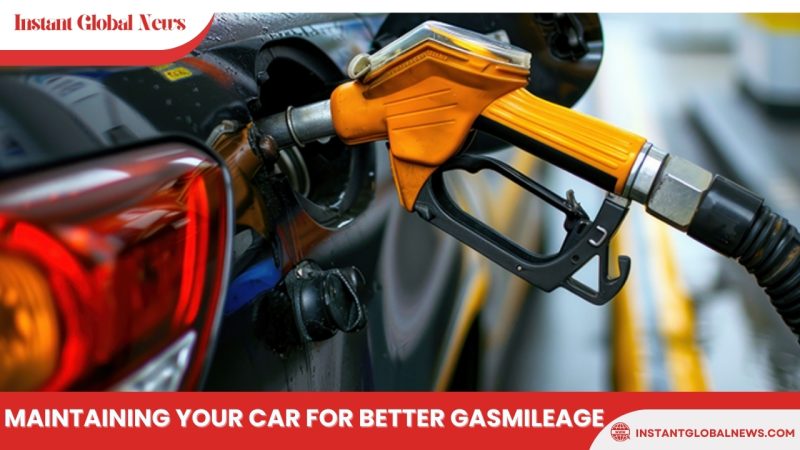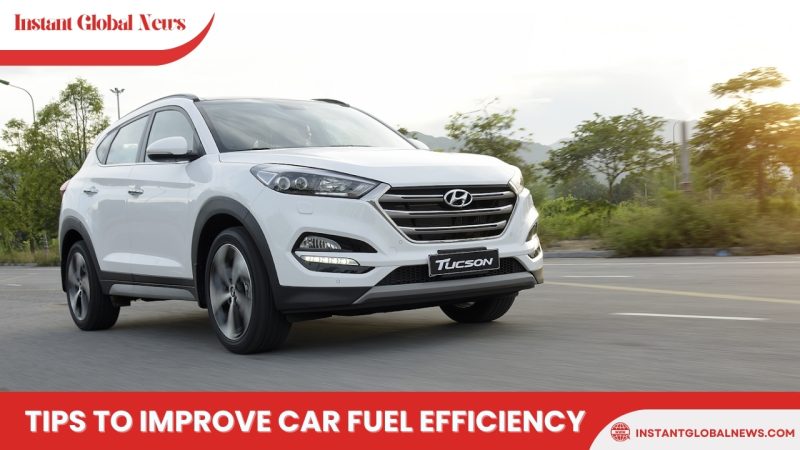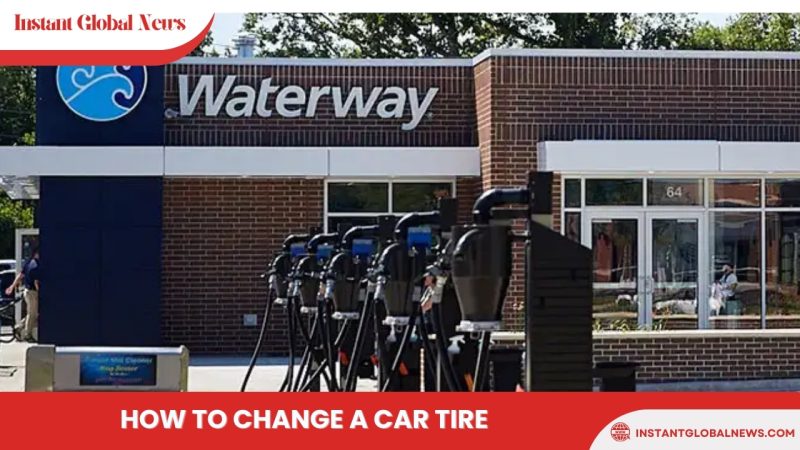It’s no secret that gas prices have been skyrocketing lately. Even though they are starting to decrease slightly, they are still quite high. The good news is that there are some simple car maintenance tips that can help improve your vehicle’s fuel economy. Some tasks can be done by yourself, while others may require the assistance of a professional mechanic. But in the end, all these tips will save you money at the pump over time.
Healthy Tires = More MPG
One important tip is to ensure that your tires are in good condition. Rotating your tires every 5,000 miles or so will help keep the tread wear even, extending the lifespan of the tires and improving fuel efficiency. Additionally, regularly checking your tire air pressure and keeping them inflated at the recommended PSI can also increase your average miles per gallon.
Keep Your Wheels Aligned
Proper wheel alignment is another factor that can affect your fuel efficiency. It is recommended to have your wheel alignment checked along with your brakes and suspension system. All these systems work together to keep your car moving efficiently on the road.
Don’t Neglect Engine & Transmission Care
Regular oil changes and proper maintenance of your transmission are crucial for optimal performance. Don’t forget to also take care of your exhaust and emissions system. When your engine and transmission are running smoothly, you will notice a difference in overall performance, and your car will stay healthier for longer, resulting in optimized fuel economy.
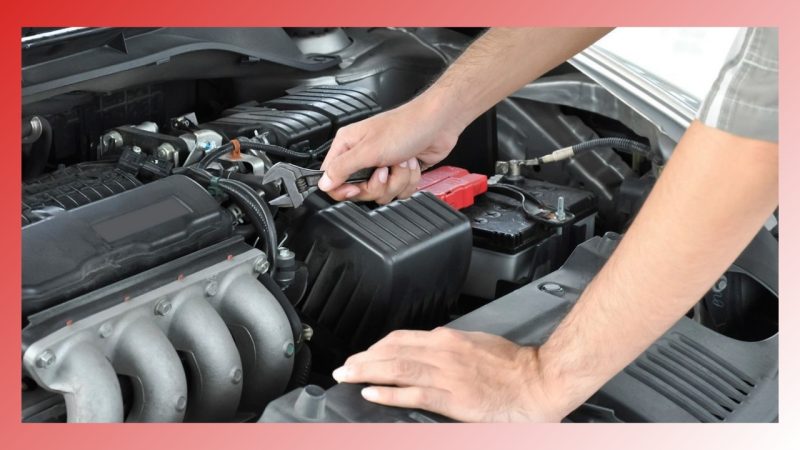
Consider a Fuel System Service
There are additives available to put in your gas tank, some of which can be beneficial. However, it is advisable to consult with someone who knows what would work best for your specific vehicle. Consider getting a professional fuel system service to clean the fuel lines, replace the fuel filter, and ensure that the gas entering your engine’s combustion chamber is as pure as possible.
Replace Your Air Filter
A dirty, clogged, or damaged engine air filter can significantly impact your vehicle’s fuel efficiency. Your engine requires a proper mix of fuel and oxygen, so it’s important not to suffocate it with an ineffective air filter. Regularly check the filter and replace it as needed.
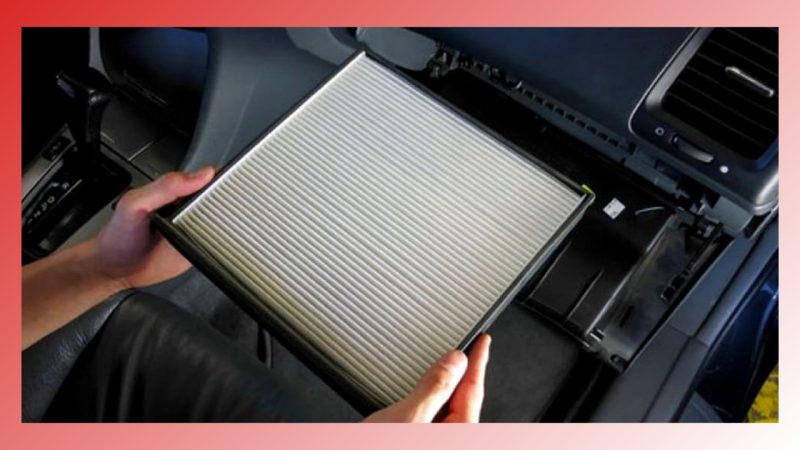
Use Higher-Grade Fuel
While most cars are fine with regular gasoline, higher-octane fuels can provide benefits, especially in high-performance vehicles. Although you may pay a little more at the gas station, the premium fuel may pay for itself over time. Read your owner’s manual and consult with an automotive expert to determine if using better gas is worth the extra cost.
Think Preventative
It’s called “preventative maintenance” for a reason. General automotive maintenance procedures will help keep your vehicle running at its best. By preventing damage and breakdowns, you can enjoy better fuel economy. Take better care of your engine, exhaust, transmission, brakes, wheels/tires, suspension, cooling system, and everything else.
For all your automotive maintenance and repair needs, turn to the auto experts at Fox Run Auto. Call them today at (302) 597-9205 or schedule your next service appointment online.
FAQs
Q: How often should I rotate my tires?
A: It is recommended to rotate your tires every 5,000 miles or so for even tread wear and extended tire lifespan.
Q: What is the benefit of using higher-grade fuel?
A: Higher-octane fuels can provide benefits, especially in high-performance vehicles. They may improve fuel efficiency and engine performance.
Q: Can I improve my fuel economy by regularly checking tire air pressure?
A: Yes, keeping your tires properly inflated at the recommended PSI can improve your vehicle’s fuel economy.
Conclusion
By following these simple car maintenance tips, you can improve your vehicle’s fuel economy and save money at the pump. Remember to take care of your tires, wheels, engine, transmission, and other crucial components. Performing preventative maintenance will not only optimize fuel efficiency but also contribute to the overall performance and longevity of your vehicle. So, start implementing these tips today for a more efficient and cost-effective driving experience!

